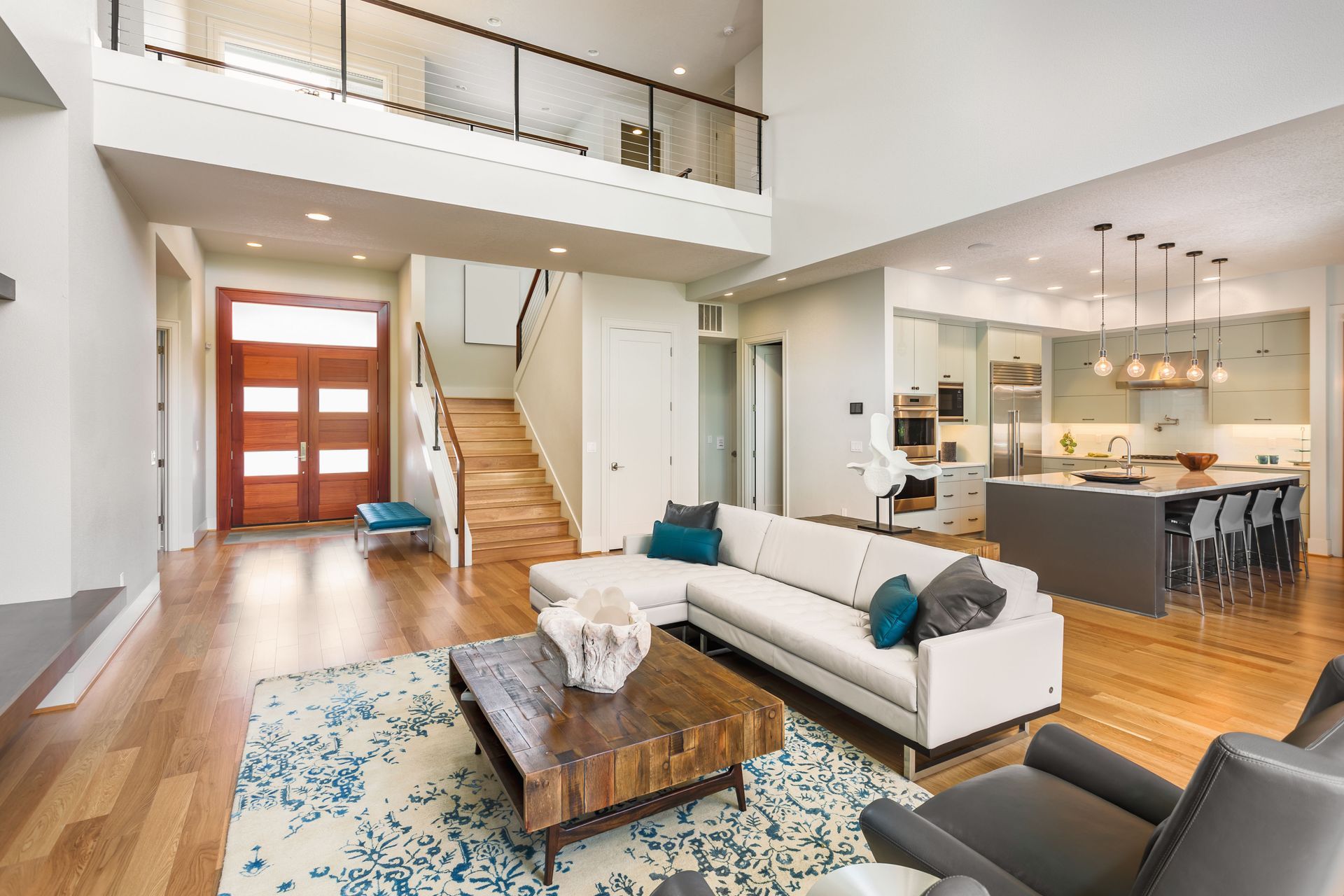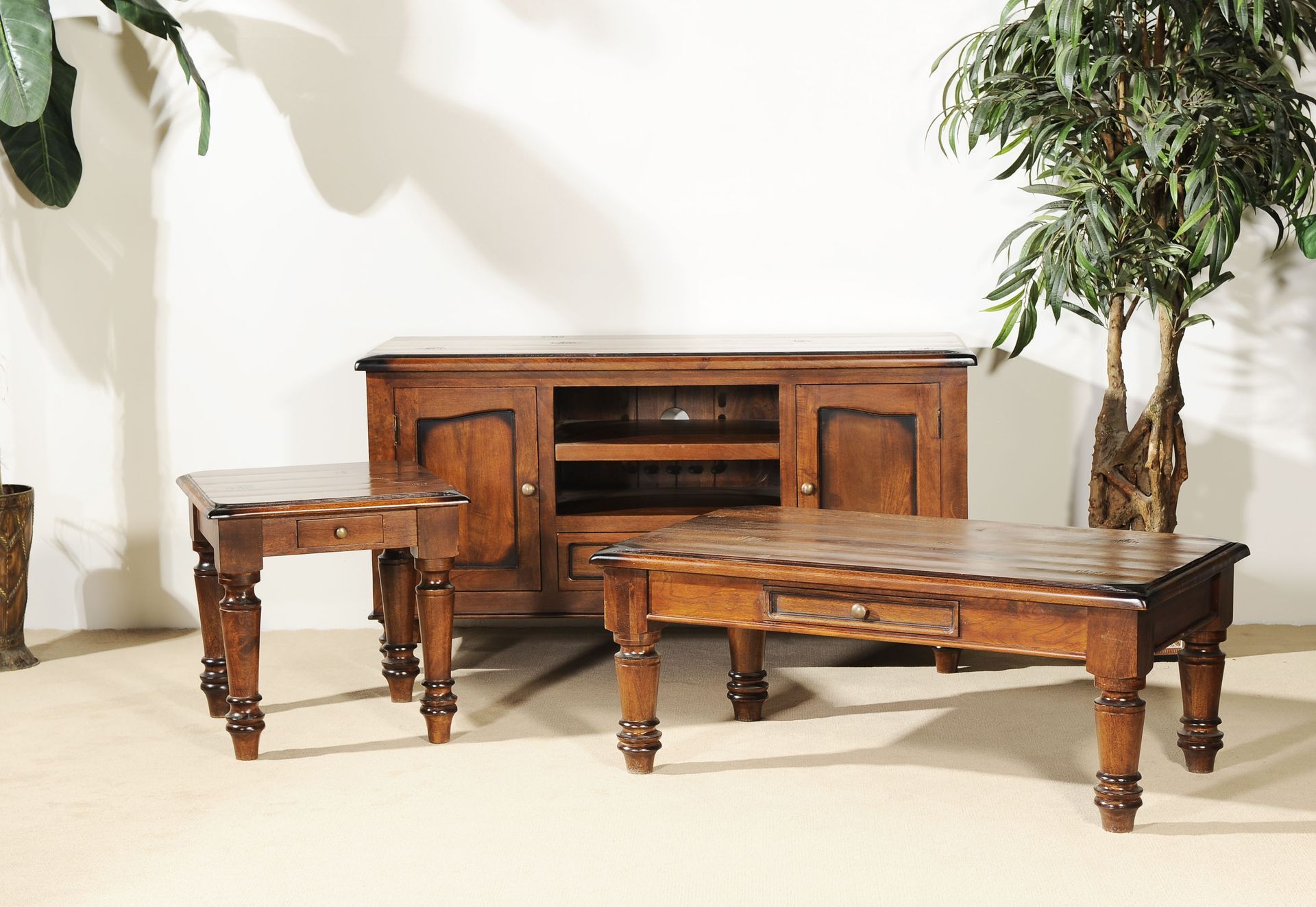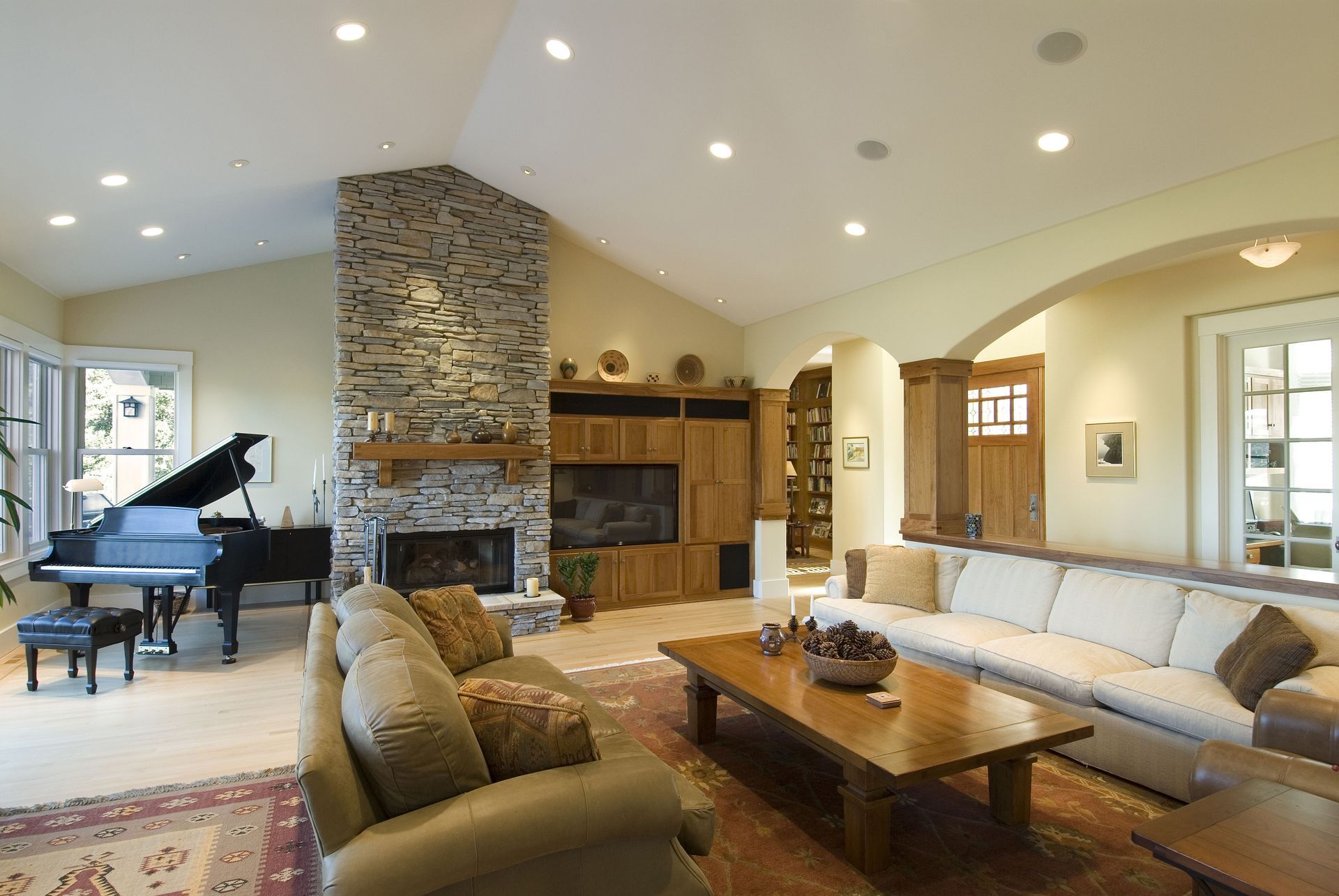November 24, 2025
Creating a home that feels personal, comfortable, and reflective of individual taste often goes beyond purchasing items from retail showrooms. Many homeowners today seek furniture that fits their specific style and spatial needs, and working with a custom furniture maker provides an opportunity to achieve pieces that are both meaningful and functional. Custom furniture involves intentional design choices, thoughtful craftsmanship, and a collaborative process that prioritizes the homeowner’s vision. Rather than adapting a living space to standardized furniture dimensions or styles, clients can enjoy furniture that supports how they actually live while reflecting personal aesthetic preferences. This approach not only enhances interior design but also adds long-term value, as custom pieces are generally built to last and can be tailored to evolve with changing needs. Understanding what goes into working with a professional who specializes in custom furniture design, manufacturing, and restoration helps homeowners make informed decisions when planning personalized home decor.
Understanding the Value of Personalized Furniture
Choosing custom-made furniture allows homeowners to move beyond mass-produced styles and into a realm where creativity and personal identity guide the decision-making process. Instead of browsing through catalogs or aisles of similar items, custom furniture begins with a conversation: what the client likes, what the space requires, and which materials or finishes support the intended atmosphere. Unlike store-bought pieces, which often prioritize cost-efficiency and uniformity, custom furniture centers on durability, functional structure, and individualized detail. For example, custom orders may include tables, chairs, bunk beds, bedroom sets, and accent pieces designed precisely for a specific home layout.
A custom furniture maker works with clients to assess space dimensions, discuss materials such as hardwoods or reclaimed lumber, and determine how design can integrate lifestyle preferences. This personalized approach allows homeowners to enjoy unique furniture that aligns with the broader vision of a room or home. According to Coherent Marketing Insights, the sofas and couches segment is projected to account for about 33.9% of the custom furniture market share in 2025, reflecting how strongly homeowners value the ability to shape a room’s central, high-use pieces. Customized upholstery, cushion firmness, arm style, and frame dimensions allow these items to be comfortable focal points that genuinely serve the household.
Collaborating on Design Concepts
The collaborative design consultation is one of the most meaningful aspects of working with a professional furniture creator. Clients may arrive with inspirational images, fabric samples, sketches, or simply ideas describing the ambiance they want to create. The design consultation allows the artisan to interpret these inputs and translate them into workable furniture concepts. Measurements are taken to ensure spatial harmony, and materials are selected to align both function and style. Unlike pre-made furniture, where the buyer must compromise based on availability, custom furniture allows for precise alignment with personal needs.
Working closely with a custom furniture maker also means the client is involved at every decision stage. If a client wants a coffee table that doubles as storage, this feature can be designed directly into the structure. If a bedroom requires a compact dresser to accommodate a small corner, proportions can be adjusted accordingly. This process ensures the piece will not only fit visually but will enhance practicality within daily life. Collaboration builds trust, encourages creative exchange, and ensures that the final piece feels truly personal. Design professionals are skilled in advising on proportion, joinery, stain color, and finishing touches, offering guidance that merges client expression with professional expertise.
Craftsmanship, Materials, and Durability
Craftsmanship is central to the value of custom-made furniture. Each piece is built intentionally, with attention to detail and structural integrity. Custom furniture shops frequently prioritize high-quality hardwoods, durable hardware, and construction methods designed to support long-term use. Techniques such as mortise-and-tenon joinery or dovetail drawers demonstrate the emphasis on durability and skill. These time-tested methods stand in contrast to mass-produced furniture that may rely on engineered or synthetic materials held together with basic fasteners intended for short-term use.
A custom furniture maker can also recommend finishes that align with the lifestyle of the household. Homes with children and pets may benefit from scratch-resistant or matte finishes, while formal spaces might use high-sheen lacquer or specialty inlays for visual emphasis. Furniture repair and restoration services provided by some workshops also extend the lifespan of sentimental or antique pieces, ensuring they remain functional and visually appealing. These restoration skills complement new-build projects and reinforce a commitment to sustainable craftsmanship. When furniture is made to last, it reduces the need for frequent replacement, contributing to mindful consumption and long-term household value.
Integrating Custom Pieces Into Existing Decor
Custom furniture does not need to be used exclusively throughout a home; instead, custom-designed pieces often serve as anchors that tie together a room’s aesthetic. Whether placed in the living room, dining room, or bedroom, a single well-designed item can provide harmony, visual interest, and balance. Consider a dining table made to accommodate both daily meals and weekend gatherings: its shape, scale, and finish can shape the entire room’s design direction. Accent pieces, such as custom shelving or side tables, can complement existing furniture while adding cohesion to diverse decor elements.
A professional furniture designer can also help clients select colors, stains, and materials that align well with textures already present in the home, such as flooring style, fireplace stone, window framing, or cabinetry finishes. This ensures consistency in tone and prevents a new piece from overwhelming the room. For example, a bedroom set designed to match the wood grain of an existing dresser can create a unified, calming environment. Likewise, a living room accent chair upholstered in a fabric that echoes the colors of the curtains or patterns of the rug can subtly bring cohesion to the space without requiring a full redesign.
Beyond aesthetics, furniture should also reflect how the space is used. A family that entertains frequently may benefit from a table with expandable leaves or built-in storage, while smaller rooms may call for multifunctional pieces that provide utility without crowding the layout. The workshop's delivery, pickup, and shipping services make introducing these new pieces to the home more convenient, and the placement process can be guided to ensure the item is positioned for maximum comfort and visual balance. When thoughtfully integrated, these pieces become natural extensions of the home, blending beauty and daily functionality.
Supporting Local Craft and Long-Term Care
Commissioning custom furniture supports local craftsmanship and strengthens the relationship between homeowners and the artisans who shape their living spaces. These professionals are dedicated to their craft, often working in small studios or workshops where attention to detail is central. Supporting local makers also contributes to community economies and helps preserve woodworking skills and traditions that may otherwise fade in a mass-production marketplace.
A custom furniture maker frequently offers guidance on maintaining and caring for each piece, ensuring its longevity. Proper wood conditioning, cleaning methods, and occasional refinishing can keep furniture looking new and structurally sound for decades. When maintenance or repair is needed, working with the original maker ensures continuity and care. This ongoing relationship creates confidence in the investment and reinforces the personal value of custom pieces. For many homeowners, these items become heirlooms—passed down, remembered, and cherished for their beauty and craftsmanship.
Working with a professional in custom furniture design and restoration provides an opportunity to create a home environment that is both intentional and deeply personal. From collaborative planning to artisanal execution, the result is furniture that supports lifestyle needs, reflects individual identity, and contributes meaningfully to the character of the home. Call In The Mountains Custom Furniture today to schedule your custom furniture consultation.




